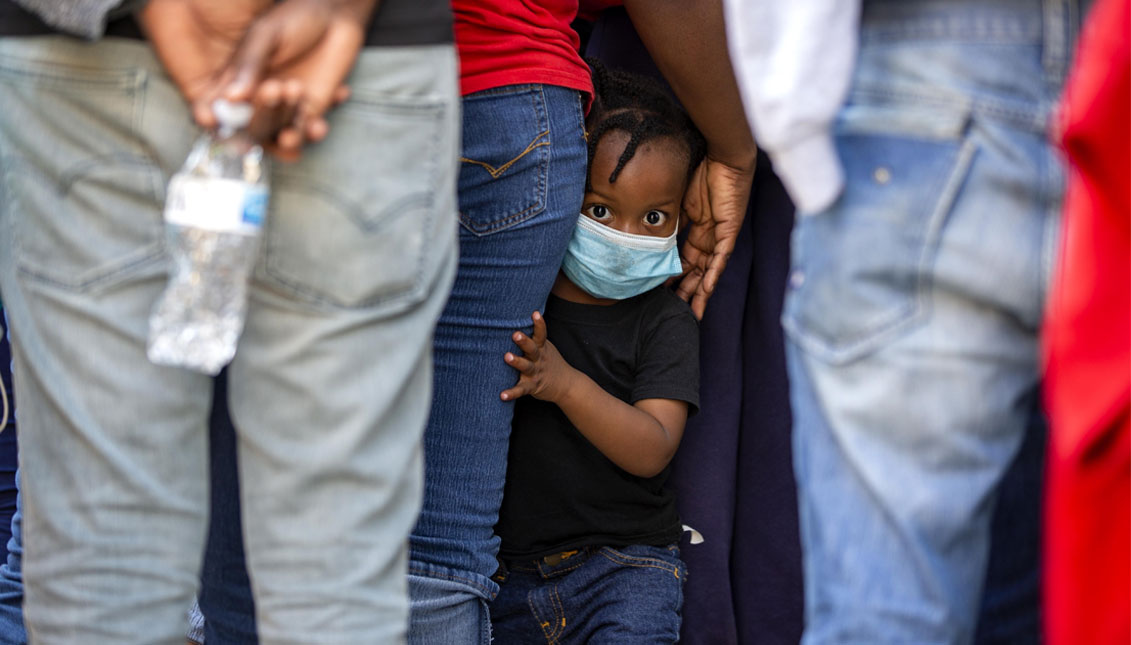
Haiti, "not a fever epidemic"
Deportations of COVID-19 infected persons to Central America and the Caribbean continue. Haiti is rapidly doubling the number of confirmed infections.
"It's not a fever epidemic, it's a COVID-19 epidemic," Dr Lauré Adrien, director general of the Haitian Ministry of Health, told Le Nouvelliste about the frequent comments among the Haitian population that there is a "fever epidemic."
Haiti, already one of the poorest countries in the region before the pandemic, has seen a rapid increase in the number of confirmed cases. In fact, according to Our World In Data, Haiti is doubling its number of cases every 5 days.
Haiti has 533 confirmed cases, of which 77 were added today. In addition, the Ministry of Health reports 2,120 suspected cases.

If one considers the proximity to the Dominican Republic, which already has 13,223 confirmed cases, and the multiple reports of deportations by the Trump administration of persons infected with COVID-19, it becomes clear that it is, at least, probable that the actual number of infections is much higher.
RELATED CONTENT
Haiti's conditions for dealing with the COVID-19 pandemic are precarious: in addition to the country's already delicate economic situation, the drastic decrease in remittances from the US economy has closed down an important source of income for the country.
And there is also the problem of the reconstruction, a process that has remained unfinished even though ten years have passed since the earthquake that devastated the island.
According to the Miami Herald, Haiti's State University Hospital was one of the first and largest projects to be approved for international funding after the 2010 earthquake. But a decade later, it remains unfinished and the first patient has not been admitted.
Even if the massive facility were available, there are doubts whether the country's existing medical staff would be sufficient to run the huge hospital, which was designed to hold 534 beds.
In late March, Haitian President Jovenel Moïse announced the implementation of measures to contain the virus: closing borders, schools, universities, places of worship and factories, a curfew from 8 pm to 5 am and a ban on meetings with more than ten people.
But none of this compensates for the fact that in a country of 11 million inhabitants there are 124 hospital beds. It is understandable that when Marc Jumlisse, a nurse at Mirebalais University Hospital, spoke to the Miami Herald, she would have told them that after reading the Health Ministry report, her reaction would have been to tell those around her "Let's pray."











LEAVE A COMMENT:
Join the discussion! Leave a comment.